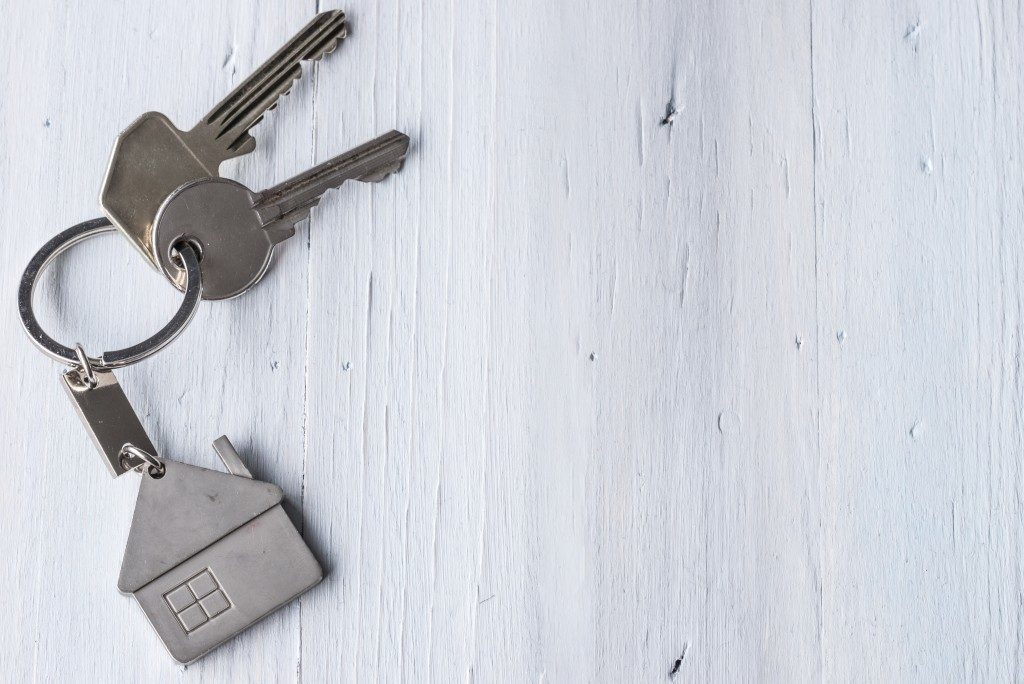Buying your first home even through mortgage financing is rewarding. After going through budgeting and a number of paper works, you’re finally ready to move into your new home. But the financial burden doesn’t stop there. There are monthly payments to prepare for, and if the circumstances are more challenging than you expected, you may face some financial problems that will affect your ability to settle your mortgage loan.
Thankfully, there are businesses that can buy a house before its foreclosure, so you’ll be saved from this dilemma before it gets worse. However, while everything is still moving smoothly, it is better to be more prepared than ever. Here are some financial management tips that will help you in paying your mortgage settlements:
1. Have a Mortgage Checklist
With a checklist, you can be more organized when it comes to managing your mortgage settlements. This helps avoid confusion and surprises by giving you a sense of control over the matter.
Here are the items that should be in your checklist:
- Mortgage servicer
- Amount due
- Error-checking
- Payment (which should be on time and in full)
- Interest rate changes
- Your equity
- Refinancing options
- Penalties, if there’s any
2. Expand Your Budgeting Plan
With a house, there would be more monetary obligations compared to a rented property. Utilities, upgrades, and repairs are among the other things that can strain your finances, so your budget plan is extremely crucial.
According to a survey, the average homeowner spends $2,000 yearly on maintenance, but this figure isn’t inclusive yet of other household expenses such as HVAC system and roofing replacements, both of which can exceed $5,000.
It is suggested that first-time homeowners should set aside a budget for these expenses. Keeping cash amounting from $5,000 to $10,000 will be helpful when repair and replacements in the house are needed.
If you plan on making big upgrades such as a kitchen remodel, that would require an additional budget. Although you can use your credit card to pay for those, interest rates and other charges will add to the costs.

3. Update Your Insurance
If you have a family, getting life insurance will be beneficial because it could provide your family with finances enough to cover their living expenses should you pass away unexpectedly. There is, however, a less expensive insurance policy option called term life, which could make more sense for first-time homeowners because it only covers the mortgage period.
You should also review the insurance policies or home warranties, especially if you bought a previously-owned home because they may help with repair costs.
4. Control Spending
Owning a home would impact your budget in many ways. Apart from saving money for mortgage loan payments and other necessities, there are other matters to put emphasis on, such as retirement, college tuition, and emergency funds.
If you are struggling with your financial responsibilities, assess your spending. You may find that you’re spending more money than necessary for things that you don’t really need. In this case, know your priorities that dedicate your finances to those.
Buying your first home indeed requires a huge financial responsibility, but with the right plan, you can settle all your payments comfortably. Remember to stay organized to avoid being overwhelmed by all your monthly and periodic obligations. Prepare yourself financially for all types of circumstances, and you’d be rewarded by a sufficient amount of cash flow.

